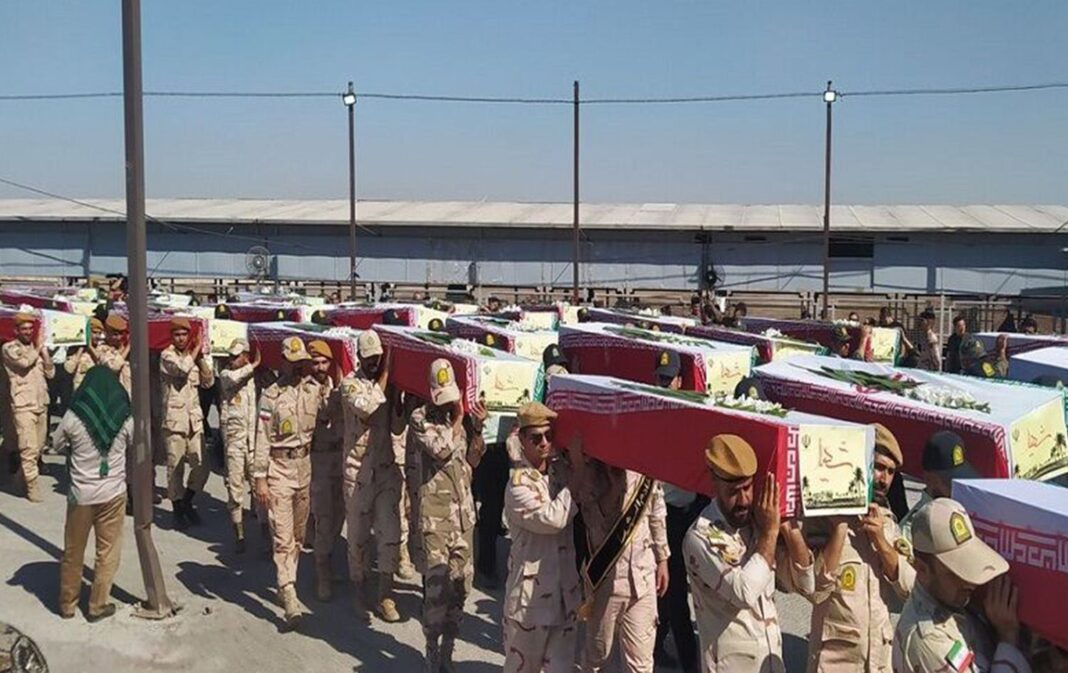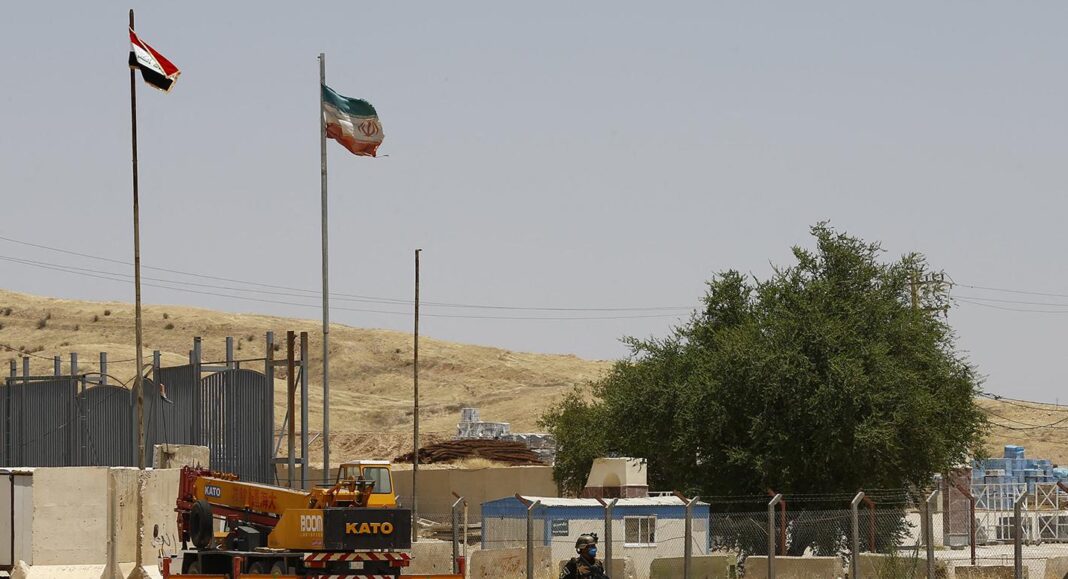The remains exchange between Iraq and Iran took place once again in a solemn ceremony held on Sunday at the Shalamcheh border crossing. This event marked another significant step in the ongoing effort to recover and repatriate soldiers killed during the 1980–1988 Iran-Iraq War. Both countries continue to work together to honor the fallen from this long and devastating conflict.
The ceremony occurred at a designated point on the Iraqi side of the border. Iraqi soldiers carried coffins of their deceased comrades, while Iranian honor guards stood ready to receive the remains prepared by the Iranian consulate in Basra. This exchange symbolized cooperation and respect between the two neighboring countries.
Nashat Al-Maliki, who leads the remains exchange file at Iraq’s Ministry of Defense, shared key details with 964media. He explained that Iraq handed over 48 remains to Iran. Meanwhile, Iraq received seven identified remains and 63 unidentified ones. The unidentified remains will undergo further examination. Specifically, the Forensic Medicine Department in Baghdad will assess them before DNA testing begins.
Moreover, Al-Maliki emphasized that search operations have continued for years. He assured that these efforts will persist until the last Iranian remains are returned. Additionally, Iraq aims to recover the final remains of its soldiers from the Iran-Iraq War.
On the Iranian side, Ali Abadi, Iran’s Consul General in Basra, expressed his gratitude. He highlighted the importance of receiving the remains of martyrs from the war Saddam Hussein’s Baath Party imposed. Abadi pointed out that Iraqi soil had buried many bodies for decades. The martyr identification team has actively returned these remains to Iran. He estimated that both countries have exchanged more than 46 Iranian martyrs and over 70 remains in total.
The International Committee of the Red Cross (ICRC) also plays a vital role in this process. Mohammed Khurskof, the ICRC representative in southern Iraq, explained that the total number of missing soldiers remains undisclosed. He clarified that this information is kept confidential between Iraqi and Iranian authorities. Khurskof acknowledged the challenges involved and praised the ongoing efforts, stating the exchanges must continue to completion.
This recent ceremony follows a similar event in January, when Iraq and Iran exchanged more remains at the same border crossing in Basra Governorate. That time, Iraq handed over 41 Iranian remains and received 21 Iraqi remains. The Red Cross supervised that 81st exchange since the recovery process began.
The Iran-Iraq War started when Saddam Hussein’s Baathist regime clashed with Iran’s newly established Islamic Republic. The conflict lasted eight years and caused massive loss of life, with over one million casualties. Both countries suffered severe economic and social damage. Today, the remains exchange between Iraq and Iran represents a hopeful chapter in healing and reconciliation.



